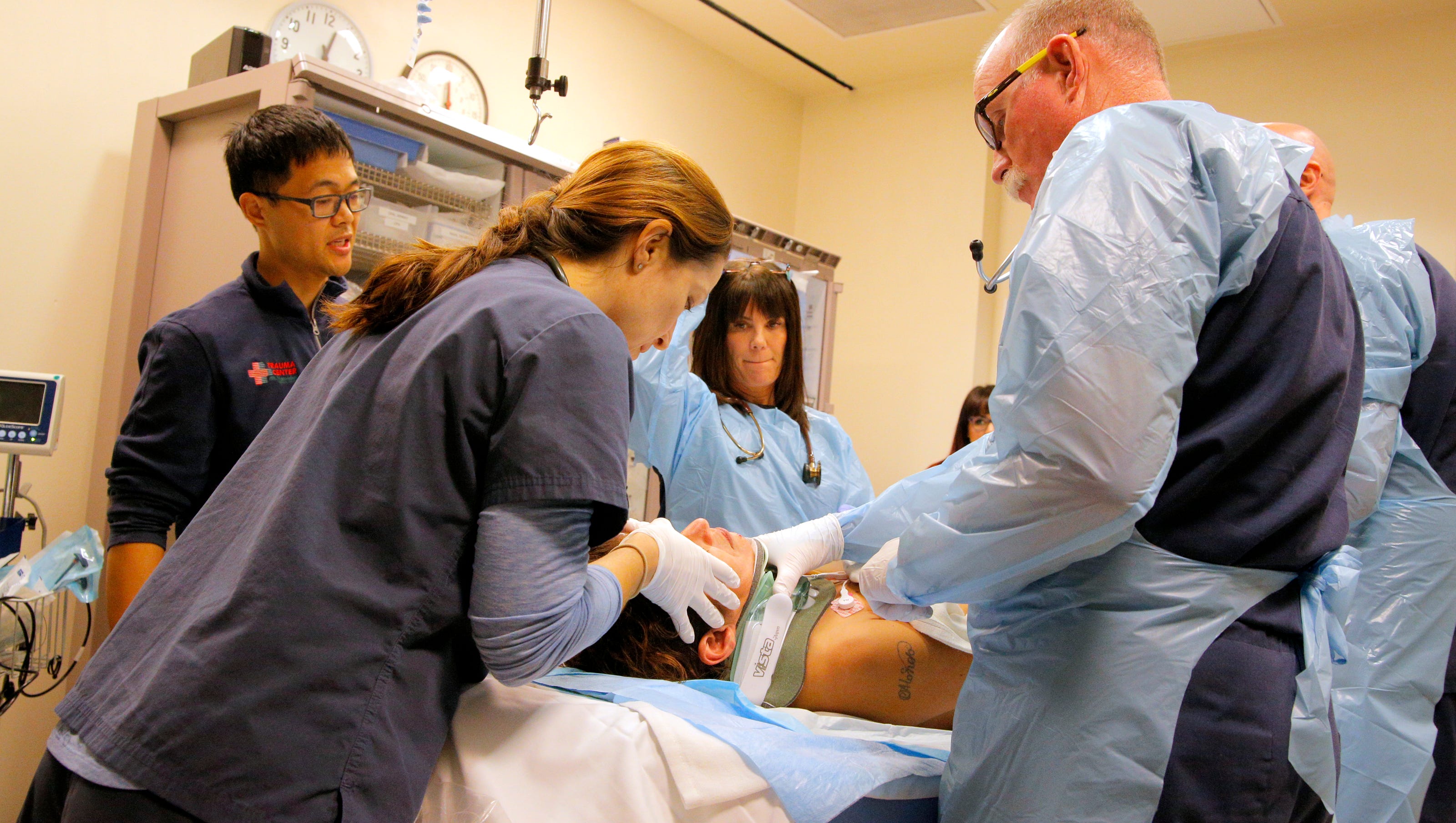
1. 3. 1 derived terms
1. 3. 2 descendants
2. 3. 1 derived terms
2. 3. 2 related terms
2. 4 further reading
3. 4 references
4. 3. 1 derived terms
4. 3. 2 descendants
6. 3. 1 derived terms
6. 3. 2 descendants
8 indonesian
8.
 4 further reading
10 italian
12. 4 further reading
15. 4 verb
audio (uk)
2011 december 14, steven morris, “devon woman jailed for 168 days for killing kitten in microwave”, in
guardian
bulgarian: тра́вма f (trávma), ра́на (bg) f (rána)
chinese:
italian: trauma (it) m
japanese: 外傷 (ja) (がいしょう, gaishō), 損傷 (ja) (そんしょう, sonshō)
russian: тра́вма (ru) f (trávma), ра́на (ru) f (rána) (w)
serbo-croatian:
belarusian: тра́ўма f (tráŭma), ра́на f (rána)
bulgarian: тра́вма f (trávma)
chinese:
russian: тра́вма (ru) f (trávma), ра́на (ru) f (rána)
serbo-croatian:
event
chinese:
translations to be checked
trauma at onelook dictionary search
trauma in keywords for today: a 21st century vocabulary, edited by the keywords project, colin maccabe, holly yanacek, 2018.
4 further reading
10 italian
12. 4 further reading
15. 4 verb
audio (uk)
2011 december 14, steven morris, “devon woman jailed for 168 days for killing kitten in microwave”, in
guardian
bulgarian: тра́вма f (trávma), ра́на (bg) f (rána)
chinese:
italian: trauma (it) m
japanese: 外傷 (ja) (がいしょう, gaishō), 損傷 (ja) (そんしょう, sonshō)
russian: тра́вма (ru) f (trávma), ра́на (ru) f (rána) (w)
serbo-croatian:
belarusian: тра́ўма f (tráŭma), ра́на f (rána)
bulgarian: тра́вма f (trávma)
chinese:
russian: тра́вма (ru) f (trávma), ра́на (ru) f (rána)
serbo-croatian:
event
chinese:
translations to be checked
trauma at onelook dictionary search
trauma in keywords for today: a 21st century vocabulary, edited by the keywords project, colin maccabe, holly yanacek, 2018.
The vtt includes a number of suggestions for supervisors of individuals who may be experiencing vicarious trauma, including— discussing vicarious trauma as part of supervision; allowing flexible work schedules, recognizing the need for and protecting down time, while staying attuned to the possibility of withdrawal or isolation; creating time and a physical space at work for reflection through reading, writing, prayer, and meditation, among other activities; and referring to therapeutic and professional assistance, when appropriate.
Psycho-education: much like physical education in school, psycho-education involves learning about and understanding mental health and wellbeing grounding techniques: mental thought processes can help redirect your thoughts away from the distress you're feeling about a past event and bring you back to the present breathing strategies: calming your body's reaction to stress and anxiety can help you to deal with symptoms in the moment when they occur. Relaxation: mindfulness and meditations to foster a calmer self in your daily life. Distraction trigger awareness: techniques that help you to identify and cope with potential triggers for your syptoms sleep hygiene: sleep disturbance is a big issue for c-ptsd sufferers.
Emotional and Psychological Trauma
Emotional and psychological trauma is the result of extraordinarily stressful events that shatter your sense of security, making you feel helpless in a dangerous world. Psychological trauma can leave you struggling with upsetting emotions, memories, and anxiety that won’t go away.

Psychological trauma, mental trauma or psychotrauma is an emotional response to a distressing event or series of events, such as accidents , rape , or natural disasters. Reactions such as psychological shock and psychological denial are typical. Longer-term reactions include unpredictable emotions, flashbacks , difficulties with interpersonal relationships and sometimes physical symptoms including headaches or nausea. Trauma is not the same as mental distress or suffering , both of which are universal human experiences. Given that subjective experiences differ between individuals, people will react to similar events differently. In other words, not all people who experience a potentially traumatic event will actually become psychologically traumatized (although they may be distressed and experience suffering).
According to the american psychological association (apa) , trauma is “an emotional response to a terrible event like an accident, rape, or natural disaster. ”however, a person may experience trauma as a response to any event they find physically or emotionally threatening or harmful. A traumatized person can feel a range of emotions both immediately after the event and in the long term. They may feel overwhelmed, helpless, shocked, or have difficulty processing their experiences. Trauma can also cause physical symptoms. Trauma can have long-term effects on the person’s well-being. If symptoms persist and do not decrease in severity, it can indicate that the trauma has developed into a mental health disorder called post-traumatic stress disorder ( ptsd ).
What is emotional and psychological trauma?
In general, trauma can be defined as a psychological, emotional response to an event or an experience that is deeply distressing or disturbing. When loosely applied, this trauma definition can refer to something upsetting, such as being involved in an accident, having an illness or injury, losing a loved one, or going through a divorce. However, it can also encompass the far extreme and include experiences that are severely damaging, such as rape or torture. Because events are viewed subjectively, this broad trauma definition is more of a guideline. Everyone processes a traumatic event differently because we all face them through the lens of prior experiences in our lives.
Trauma refers to your response following an event that psychologically overwhelms you, often resulting in shock, denial, and changes in the body, mind, and behavior. According to the substance abuse and mental health services administration (samhsa) , trauma is an event you experience as harmful or life threatening. It has lasting adverse effects on your mental, physical, emotional, social, or spiritual well-being. Trauma is typically associated with significant events such as physical or sexual assault, violence, or accidents. But it can also involve responses to repeated events, like ongoing emotional abuse or childhood neglect. Not everyone who has experienced a traumatic event will have long lasting effects.
Trauma is defined by the american psychological association (apa) as the emotional response someone has to an extremely negative event. While trauma is a normal reaction to a horrible event, the effects can be so severe that they interfere with an individual’s ability to live a normal life. In a case such as this, help may be needed to treat the stress and dysfunction caused by the traumatic event and to restore the individual to a state of emotional well-being.
there are many myths about trauma that impede understanding and care. For example, there is a popular assumption that all childhoods are traumatic , which causes people to mistake ordinary hardship or distress for genuine trauma. While this view of trauma may seem initially validating of a difficult experience, it can quickly lead individuals to question their own experiences growing up and the adequacy of their caretakers. Another common misconception about trauma is that it will destroy your life forever. Some people who experience trauma assume the identity of a victim, expecting the world to harm them and seeing slights where they don't exist; this tendency has helped to create a culture of victimhood that does more harm than good by ignoring people's capacity for growth through challenge.
People of all ages can have post-traumatic stress disorder. However, some factors may make you more likely to develop ptsd after a traumatic event, such as: experiencing intense or long-lasting trauma having experienced other trauma earlier in life, such as childhood abuse having a job that increases your risk of being exposed to traumatic events, such as military personnel and first responders having other mental health problems, such as anxiety or depression having problems with substance misuse, such as excess drinking or drug use lacking a good support system of family and friends having blood relatives with mental health problems, including anxiety or depression kinds of traumatic events.
Trauma is a serious problem. Nearly 35 million children have experienced at least one event that could lead to childhood trauma (child and adolescent, 2012). About 72% of children and youth in the united states will have experienced at least one stressful event (e. G. , witnessing or being a victim of violence; experiencing sexual, physical, or emotional abuse; suffering a serious injury or medical condition; death of a parent or sibling) before the age of 18 (deryck, silver, & prause, 2014). Trauma can have a lasting impact. Childhood trauma can increase the risk for psychological, behavioral or emotional problems (depression or ptsd), substance abuse, low occupational attainment or academic failure, social maladjustment and poor medical health.